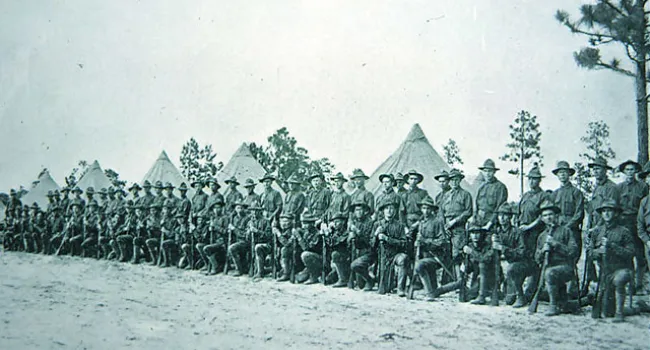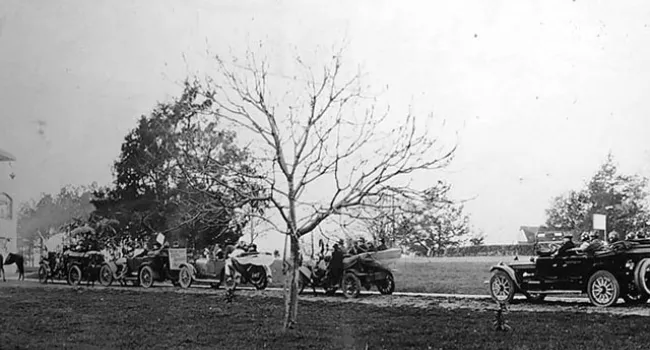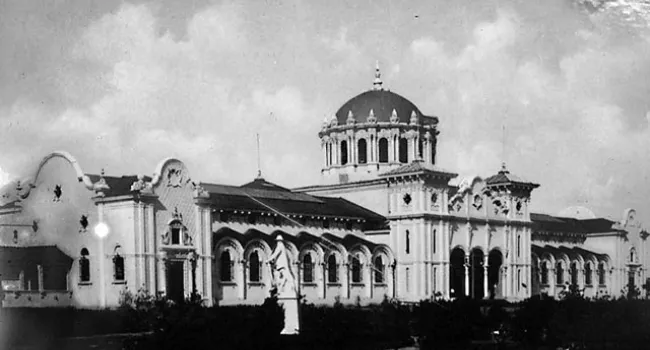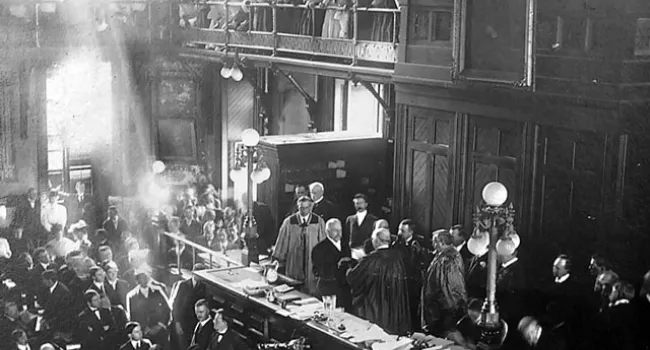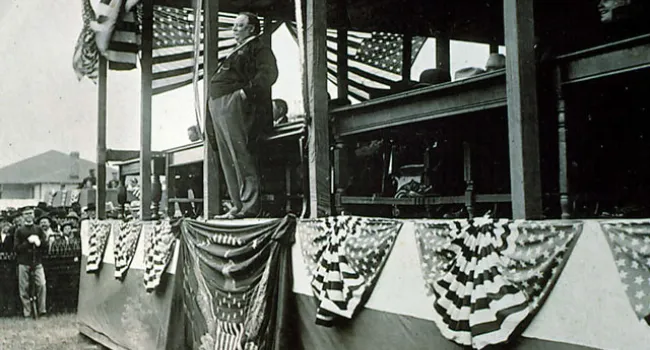
The broom of justice sweeps the Coleman Livingston Blease (see Governor Coleman L. Blease) administration out of office in this cartoon from the Columbia "Record" on September 9, 1914, titled "Good Riddance of Bad Rubbish!" Blease and his administration are regarded by many historians as the low point of post-Civil War politics. A friend of Senator Benjamin R. Tillman's nephew, James Tillman, (he was present when the latter shot "The State" newspaper editor N.G. Gonzales), Blease and his unsavory tactics of setting races and classes against each other even alienated Ben Tillman. During his administration, he ridiculed the temperance movement and attacked foreigners and African-Americans in language so foul that the South Carolina House removed one of his speeches from its Journal. His stump speeches attracted wide following among mill workers and the uneducated poor farmers who had formed the basis of Tillmanism. He consistently opposed education, all social legislation that would have helped his enthusiastic followers by regulating mill hours and wages, and all progressive policies of Democratic President Woodrow Wilson (who spent part of his youth in South Carolina). At the end of his second term as governor, Blease ran for the U.S. Senate and was defeated by Ellison D. "Cotton Ed" Smith.
Courtesy of the South Caroliniana Library.
Standards
- 4.5.E Analyze multiple perspectives of the economic, political, and social effects of Reconstruction on different populations in the South and in other regions of the U.S.
- 8.4.CC Analyze continuities and change in the African American experience in the period of Reconstruction and Jim Crow eras within South Carolina.
